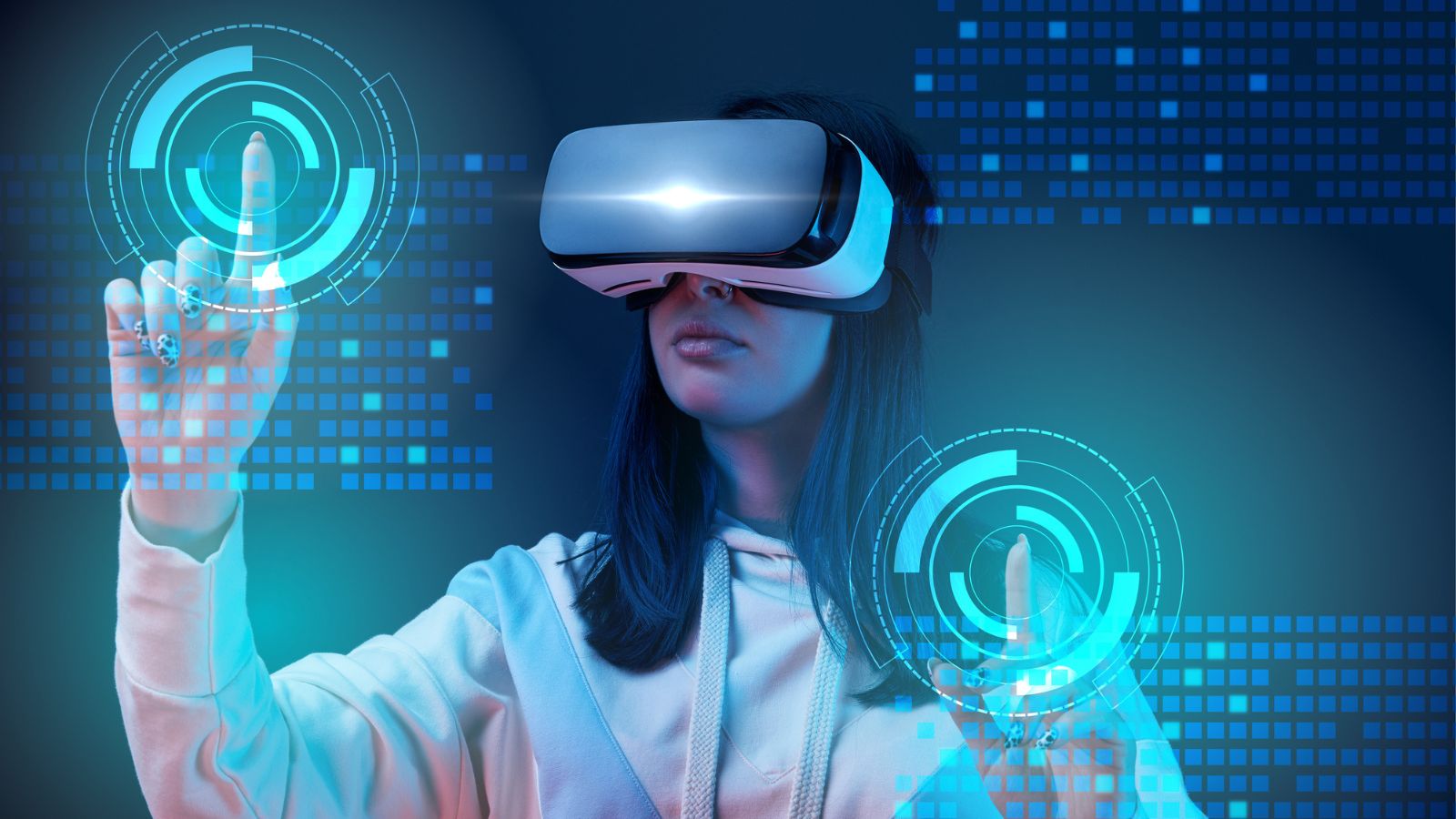12 Things The Founding Fathers Would Have Never Imagined

Today’s society is a far cry from the world the founding fathers envisioned when they laid the groundwork for the United States of America. As we examine the disparities between their time and ours, it becomes apparent that there are aspects of modern society that would likely leave the founding fathers astounded, and in some cases, deeply troubled.
1. Social Media

The advent of social media platforms would surely bewilder the founding fathers. Witnessing the instantaneous spread of information and opinions across the globe, they would be stunned by the sheer magnitude of this technological development. The unfiltered and often heated nature of online discourse would likely distress them, as they placed great emphasis on thoughtful and respectful public dialogue.
2. Surveillance Technology

The widespread use of surveillance technology would raise alarm among the founding fathers, who fiercely guarded individual liberties. Modern surveillance cameras, facial recognition software, and data tracking methods would undoubtedly shock them. The concept of constant monitoring and potential invasion of privacy would stand in stark contrast to their belief in limited government intervention.
3. Cultural Diversity

The rich tapestry of cultural diversity prevalent in today’s society might astonish the founding fathers. They lived in a more homogeneous society and were primarily exposed to Western European customs and traditions. The wide array of ethnicities, religions, and languages flourishing in the present day would present them with a vastly different America, prompting them to reconsider their perspectives on immigration and assimilation.
4. Women’s Rights

While the founding fathers championed principles of liberty and equality, their societal norms limited the role of women. Witnessing the progress made in women’s rights over the centuries, they would likely be amazed. The participation of women in politics, business, and various professions would challenge their traditional gender roles, offering a stark contrast to the limited opportunities available to women during their time.
5. Technological Advancements

The rapid pace of technological advancement would astound the founding fathers. From the internet and smartphones to artificial intelligence and space exploration, the possibilities presented by modern technology would be mind-boggling to them. Their vision of a nation built on agrarian principles and manual labor would struggle to reconcile with the highly automated and interconnected society we have become.
6. Modern Financial System

The complex and globalized financial system of today would likely give the founding fathers a stroke. They espoused a simpler economy built on agrarian self-sufficiency and limited government involvement in monetary affairs. The intricate web of banking institutions, stock markets, and complex financial instruments would be beyond their comprehension, and the idea of a central bank like the Federal Reserve might be met with skepticism.
7. Mass Consumption and Consumerism

The consumer-driven culture prevalent today would likely bewilder the founding fathers. Coming from an era of frugality and self-sufficiency, they would find it challenging to fathom the excesses of modern consumerism. The rampant materialism and disposable nature of goods would stand in stark contrast to their values of simplicity and moderation.
8. Online Commerce and Globalization

The rise of e-commerce and globalization would perplex the founding fathers. Witnessing the seamless flow of goods and services across borders, facilitated by digital platforms, would challenge their notions of economic self-sufficiency. The vast array of products available at the click of a button would be astonishing, as they lived in a time of local markets and limited trade networks.
9. Environmental Concerns

The heightened awareness and focus on environmental issues in today’s society would likely leave the founding fathers deeply concerned. As proponents of responsible land stewardship, they would be appalled by the ecological degradation and climate change challenges we face. The scale of industrial pollution and resource depletion would contradict their ideals of living in harmony with nature.
10. LGBTQ+ Rights

The strides made in LGBTQ+ rights and acceptance would present a vastly different America to the founding fathers. Coming from a time when same-sex relationships were often stigmatized or even criminalized, witnessing the progress in marriage equality and LGBTQ+ inclusion would be astounding. It would challenge their understanding of societal norms and the role of government in personal matters.
11. Political Polarization

The intense political polarization prevalent today would deeply concern the founding fathers, who envisioned a nation united under shared principles. Witnessing the bitter divisions and deep-rooted partisanship, they would be disheartened. The reliance on extreme rhetoric and the erosion of civil discourse would likely trouble them, as they emphasized the importance of respectful deliberation.
12. Scientific Progress

The rapid advancement of scientific knowledge would undoubtedly amaze the founding fathers. From medical breakthroughs to space exploration, they would be awestruck by the discoveries and possibilities that science has unveiled. Concepts such as genetic engineering, nanotechnology, and artificial intelligence would stretch their imaginations and challenge their understanding of the natural world.
50 Super Simple Side Hustle Ideas

50 Super Simple Side Hustle Ideas (& How to Make Them Work)
10 Frugal Lessons I Learned From Being Flat Out Broke

10 Frugal Lessons I Learned From Being Flat Out Broke
How To Make Money Without a Job

How To Make Money Without a Job
Creative Ways To Make Money

20 Easy Ways to Raise A Credit Score Fast

Read More: 20 Easy Ways to Raise A Credit Score Fast
Frugal Living Tips: The Essential Guide To Start Saving Money

Frugal Living Tips: The Essential Guide To Start Saving Money






